California’s critical kelp forests are disappearing in a warming world. Can they be saved?
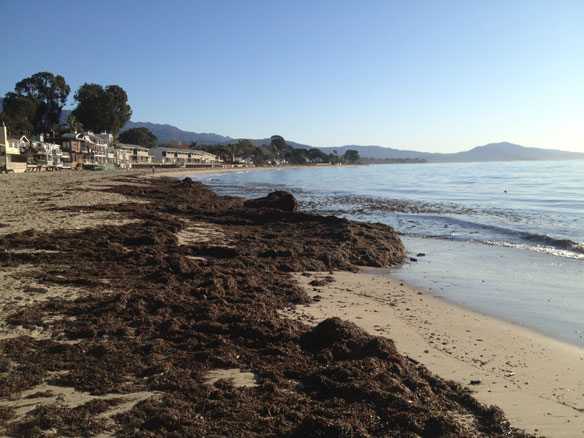
The “sequoias of the sea” suck up carbon and shelter special species. They’ve been hit hard, but scientists, surfers, and more are banding together to save them.
Research shows how park-like tsunami defenses can provide a sustainable alternative to towering seawalls
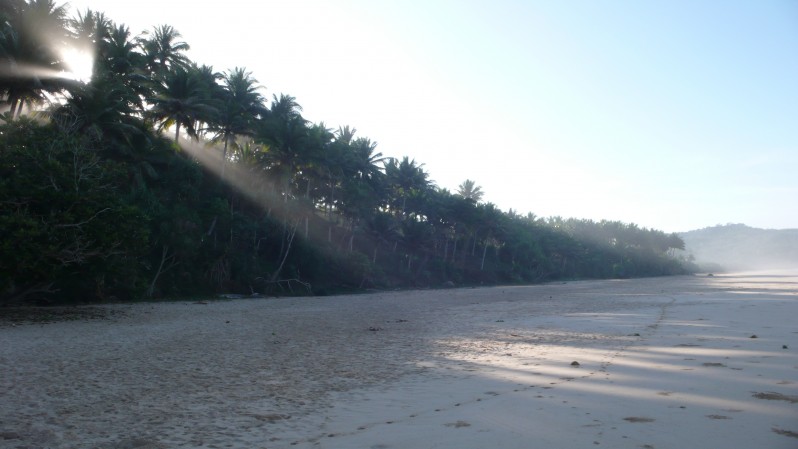
Giant seawalls are the conventional approach to mitigating tsunami risk. But, coastal forests can help put the brakes on tsunami flow speeds in costal communities. These and other nature-based solutions are increasingly important in plans for coastal risk management, researchers demonstrated.
Rays, sharks, and dolphins enjoy new freedom as humans retreat from the oceans
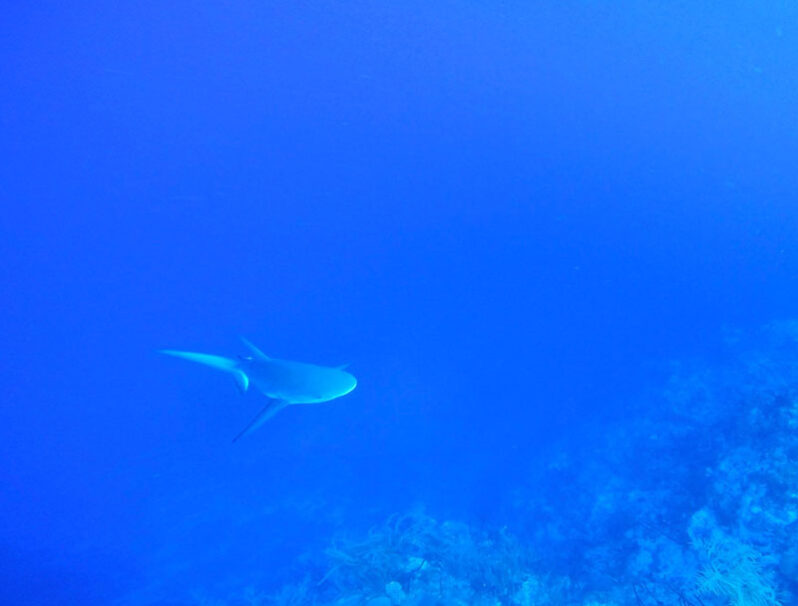
The sightings of rays, sharks, and dolphins are welcome and have been particularly noticeable along the Emirati coastline in recent weeks, as wildlife is taking the opportunity to fill abandoned spaces.
Wild animals enjoy freedom of a quieter world
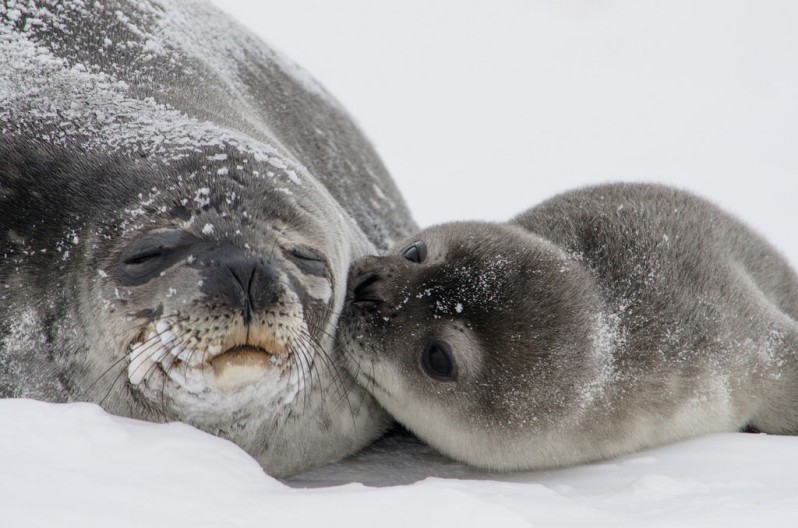
Coronavirus lockdowns globally have given parts of the natural world a rare opportunity to experience life with hardly any humans around.
Learn from past to protect oceans
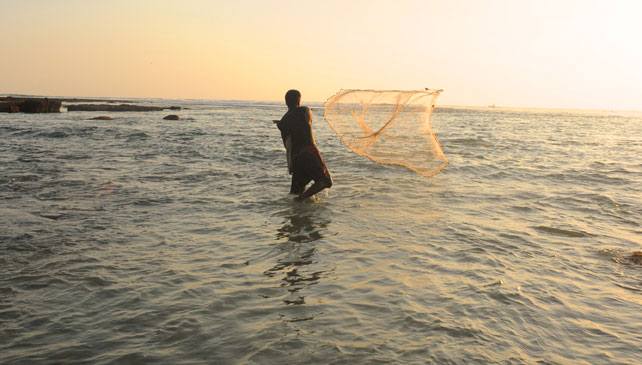
History holds valuable lessons – and stark warnings – about how to manage fisheries and other ocean resources, a new study says.
Sea turtles thriving in Thailand after beach closures
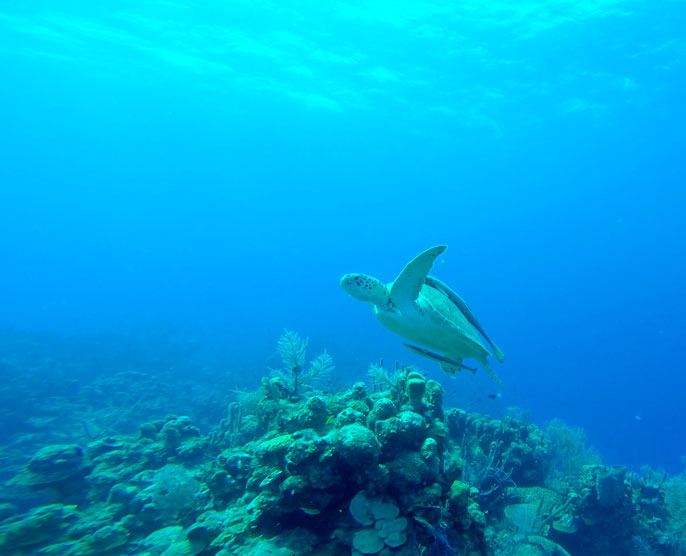
Wildlife around the world is enjoying the lack of human activity due to global lockdowns, and sea turtles in Thailand are part of the trend. Some Thai beaches have seen the largest number of turtle nests in two decades.
‘We’ve been abandoned’: a decade later, Deepwater Horizon still haunts Mexico
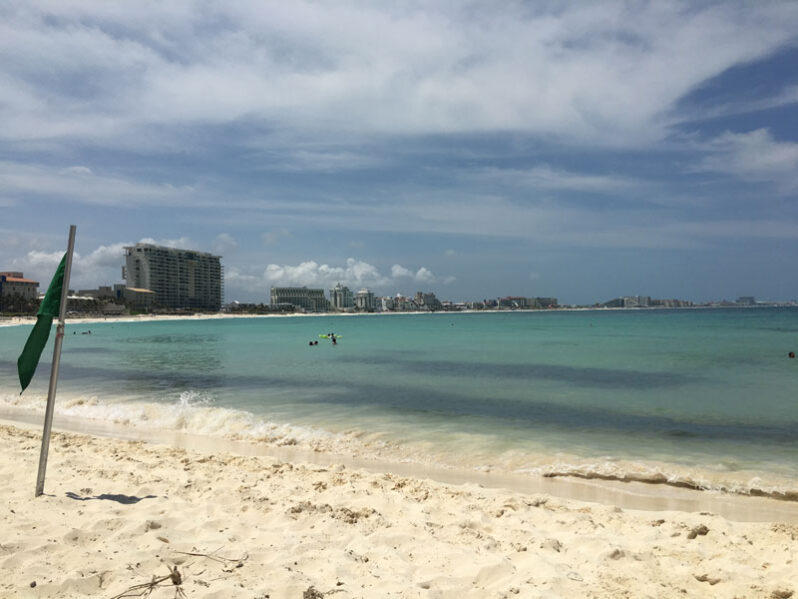
Amid public and political outrage in the US, BP took full responsibility for the worst oil spill of the 20th century. But BP denied the oil reached Mexico, claiming the ocean current propelled the huge spill in the opposite direction. However, fishermen and Mexican scientists knew this wasn’t true.
We’re watching them die’: can right whales pull back from the brink?
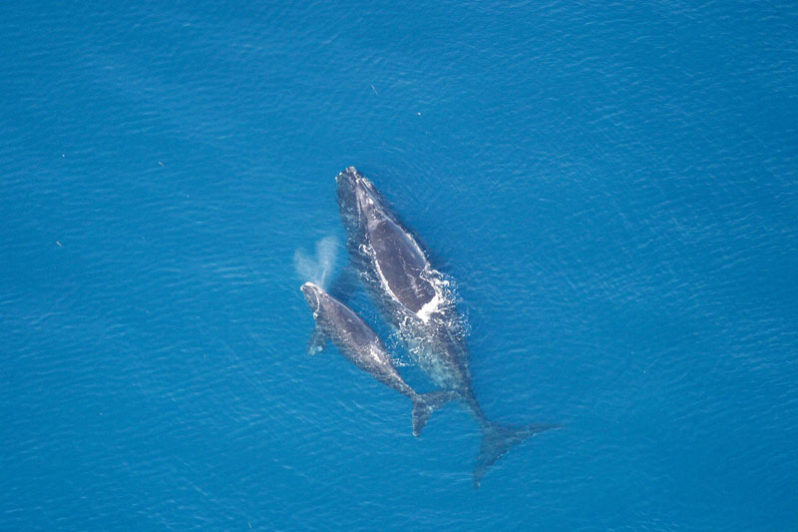
Dedicated conservationists are striving to save the North Atlantic right whale – believed to be down to 400 individuals as ships and fishing gear take their toll.
Scientists have found oil from the Deepwater Horizon blowout in fishes’ livers and on the deep ocean floor
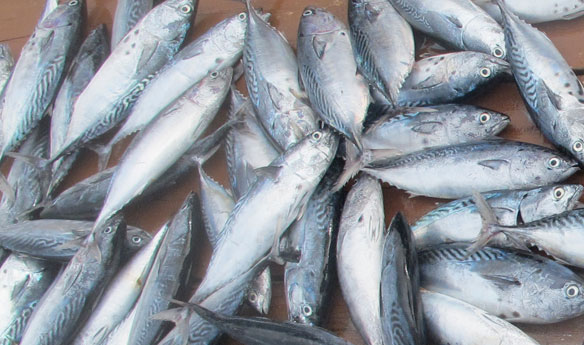
Over the decade since the Deepwater Horizon spill, thousands of scientists have analyzed its impact on the Gulf of Mexico. The spill affected many different parts of the Gulf, from coastal marshes to the deep sea.
